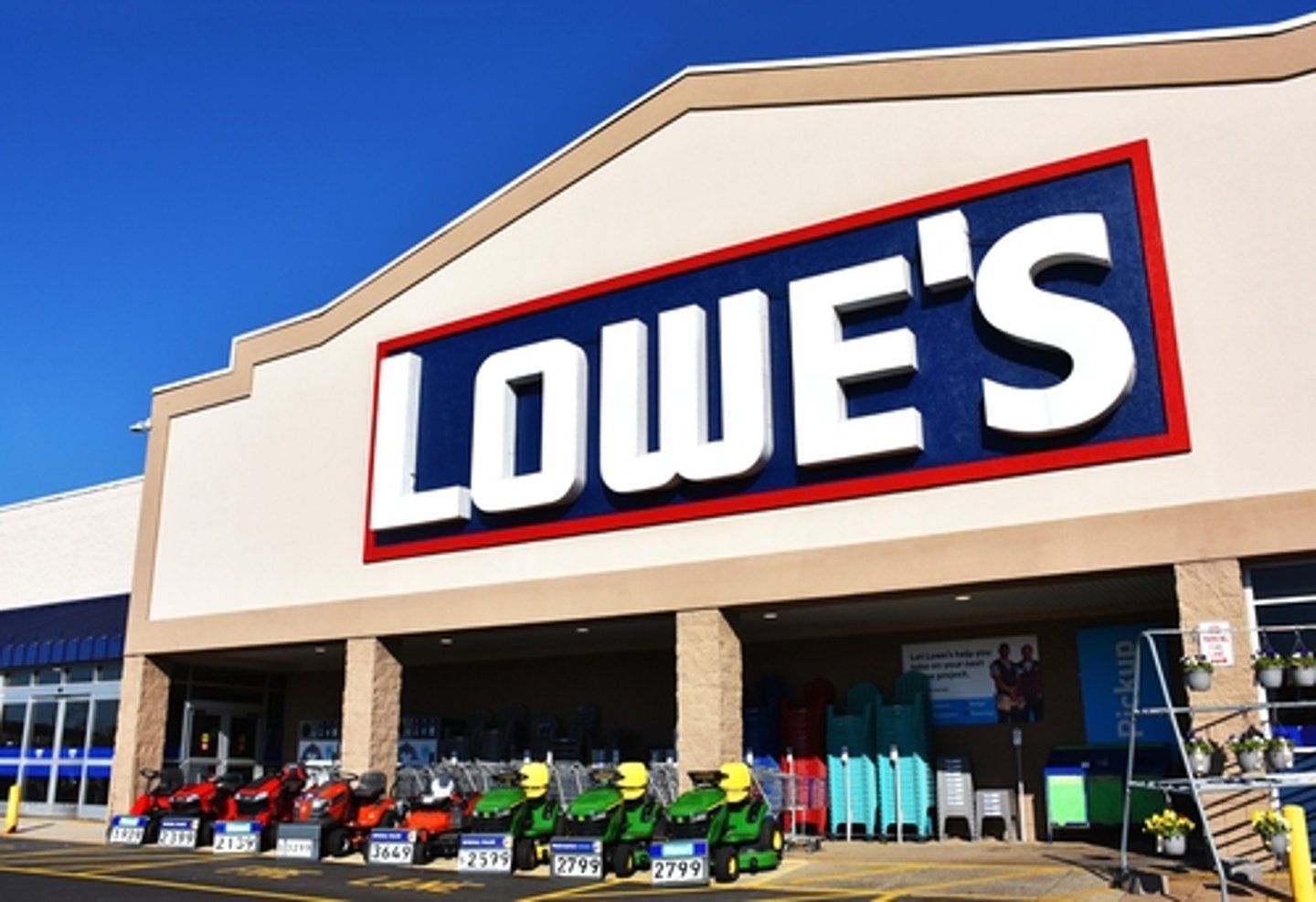2025 is the year when the line between physical and digital stores is disappearing.
Technologies like artificial intelligence, augmented reality, and smart automation are changing the way we shop- faster than we imagined.
Retailers who have already embraced innovation are reporting dramatic sales increases, while traditional brands are discovering that customers expect more from every interaction.
The race is not just for technology, but for an experience that feels personal, precise, and immediate.
The market is boiling, customers are curious, and the future? It looks like a movie.
So, for our new Monthly Segment: “Last Month in Retail Tech ”
We selected 7 hot and fascinating articles to update you on everything interesting, surprising, and innovative in the world of retail tech. Enjoy!
ReturnGO, the Israeli start‑up that enables online stores to manage returns and exchanges in a smart and efficient way, has been acquired by Global‑e, one of the largest and most successful e‑commerce companies to emerge from Israel.
Since its founding, ReturnGO has set out to make the returns experience simple, fast, and even intelligent- for both shoppers and merchants. Led by Aviad Raz, Eyal Rosenthal, and Hila Katz, the team built an AI‑powered platform that has become an important part of the global e‑commerce ecosystem.
Global‑e, which serves brands like Adidas, Marc Jacobs, and Ralph Lauren, recognized the potential and decided to welcome ReturnGO into its family.
This is more than just a deal – it’s proof that Israeli technology addressing real‑world challenges can make a global impact. Congratulations to the entire ReturnGO team, the investors, and the leadership at Global‑e . This exit is a true win for the Israeli retail‑tech community!

Credit: Photo- Tomer Shalom
Last week in Walmart stores felt like a glimpse into the future:
Customers walking into the store were greeted by their new “assistant” , a smart robot that guided them through the aisles, suggested personalized products, and directed them to the checkout quickly.
Some of these robots even remembered customers’ preferences from previous visits, offered attractive promotions, and turned shopping into an experiential journey rather than a daily chore.
By the end of the week, Walmart reported that the new pilot sparked enormous curiosity, with customers sharing videos on social media about how the robots helped them discover products they didn’t even know they were looking for.
In the retail world, the launch of Walmart’s robotic shopping assistants signals a shift from passive shopping to a real-time smart, personalized experience.

credit: Justin Sullivan/Getty Images
Bee’s vision sounds like science fiction come true: a wristband that feels like a personal assistant that’s always with you, understands you, and sometimes even knows what to do before you ask.
The company emphasizes privacy: no voice recordings are saved, only the transcriptions, and users retain full control over their data.
Imagine entering a world where your personal assistant lives on your wrist.
This week, Amazon acquired Bee, an innovative startup that developed a smart $50 AI wristband with a $19 monthly subscription.
This device doesn’t just sit there ,it listens to your conversations throughout the day, transcribes them in real time, and provides smart summaries, task lists, and instant reminders.
Amazon sees this as the next step in a world where your personal assistant doesn’t live in your pocket or on your desk , it lives with you, on your wrist, and is ready to act at any moment.
Behind every online purchase you make a shirt, a gadget, or a pair of shoes – there’s a massive logistics chain. Your package doesn’t just “jump” to your doorstep: it passes through warehouses, management systems, shipping providers, and often multiple third‑party logistics companies (3PLs).
The problem is that this world still relies heavily on fragmented systems and spreadsheets, leading to delays, mistakes, and unnecessary costs.
This is where Octup comes in.
The Israeli startup built a smart platform that connects all this information- from warehouse to delivery and manages it in real time with AI.
The result : fewer errors, faster deliveries, and brands that can offer a much better customer experience.

Imagine walking into a Lowe’s store and feeling like it’s alive and aware of you.
Over the last week, the chain installed advanced AI systems along with Digital Twins , virtual replicas of the store that analyze customer movement and behavior in real time. Imagine walking into a Lowe’s store and feeling like it’s alive and aware of you.
Over the last week, the chain installed advanced AI systems along with Digital Twins , virtual replicas of the store that analyze customer movement and behavior in real time.
As you browse the aisles, the system can detect which areas grab attention, which products align with local hobbies, and even adjust displays based on the current season or your geographic location.
It can move inventory, change shelf layouts, and update promotions on the fly.
Suddenly, your in-store visit becomes a personalized experience in real time, as if the store itself is responding to you.
How does it work?
Employees then receive live instructions on tablets or smartphones to adjust products, restock shelves, or update signage.
In other words, the store behaves like a dynamic, living environment , reacting to you in real time – while AI orchestrates the changes behind the scenes.
The takeaway: retail is entering a new era where physical stores become living, digital entities that understand the customer, respond instantly, and shape their experience.
The line between online and offline blurs, and retail evolves into a dynamic ecosystem with the customer at its center.

Imagine a world where you don’t do the shopping – your bot does it for you.
It knows what you want, when you want it, and even which brand you’d rather support.
It sets a budget, compares prices, completes the purchase, and makes your life easier.
On one hand – incredibly convenient.
On the other hand , where are you in this process?
The direct relationship with the brand begins to fade because the bot, not you, is making the decisions.
Last week, Monitor Deloitte published an in‑depth article highlighting that shopping bots are about to rewrite the rules of retail.
They search for products, compare prices, and select optimal deals without any “human touch.”
What does this mean?
In tomorrow’s retail world, your bot might become the real customer , not you.
Brands will need to fight for the bot’s attention, not just yours.
Loyalty systems will have to adapt, maybe even creating their own bot agents or partnering with existing ones.
Stores must adjust to a reality where marketing doesn’t target human emotions but the decision protocols of autonomous agents.
Imagine walking into a local shop – not a global chain, but a neighborhood business.
You pick a product, wait in line, and the cashier invites you to join JispWin.
With a single tap, the screen calls your name, and a spinning wheel starts – offering you a coupon or a gift.
Shopping becomes interactive, turning a regular visit into a small event.
This approach is already live in small stores, creating a sense of community and customer loyalty without massive promotions or ad budgets.
The takeaway : the retail world is entering an era where experience matters as much as the product itself.
Small stores adopting technologies like JispWin understand that the future of physical commerce is interactive, local, and personal.
If there was one takeaway from Re:Tech Disrupt: Innovation under pressure is the new normal.
Whether the challenge is tariffs, inflation, or shifting consumer behavior, the retailers that will thrive are those who embrace technology not as a cost, but as a catalyst, for efficiency, for relevance, and for growth.
Didn’t catch the full event? You can download the full recording here.